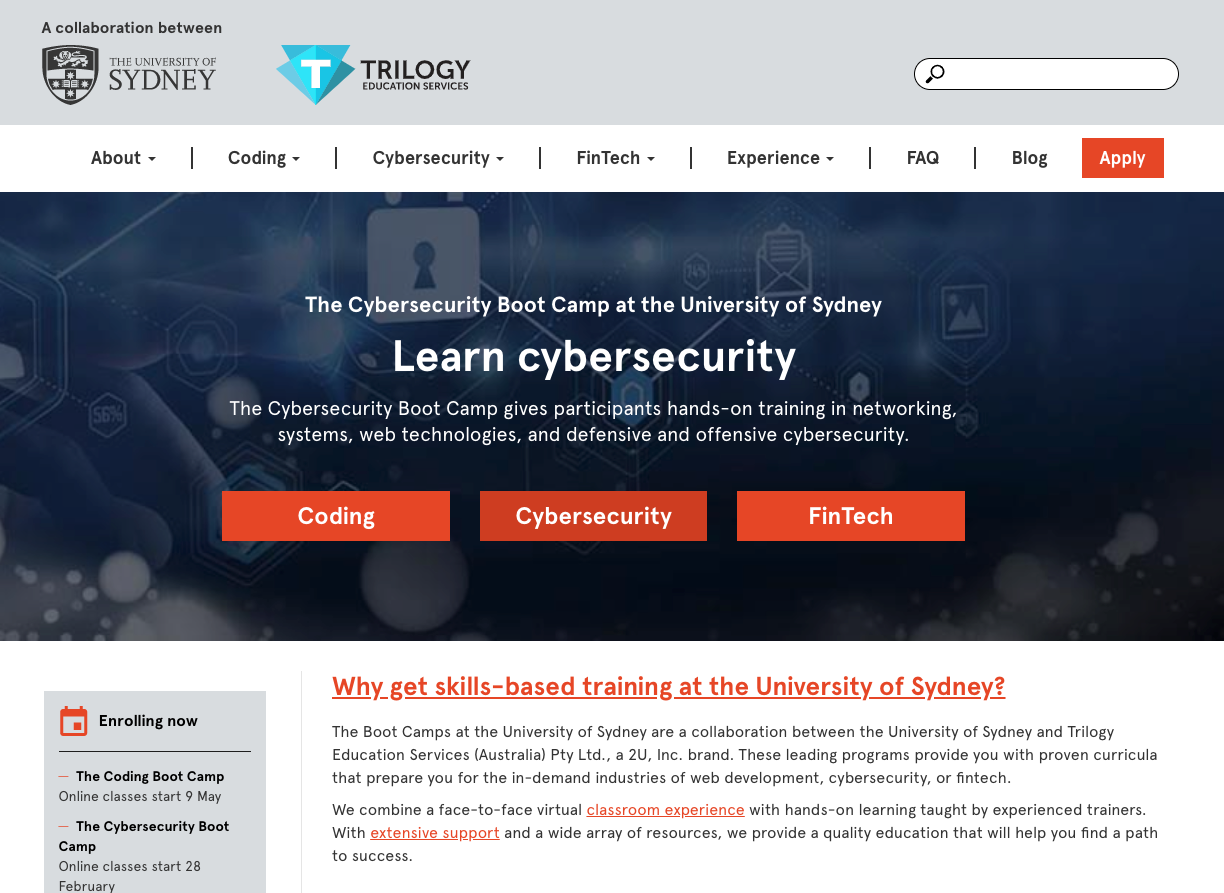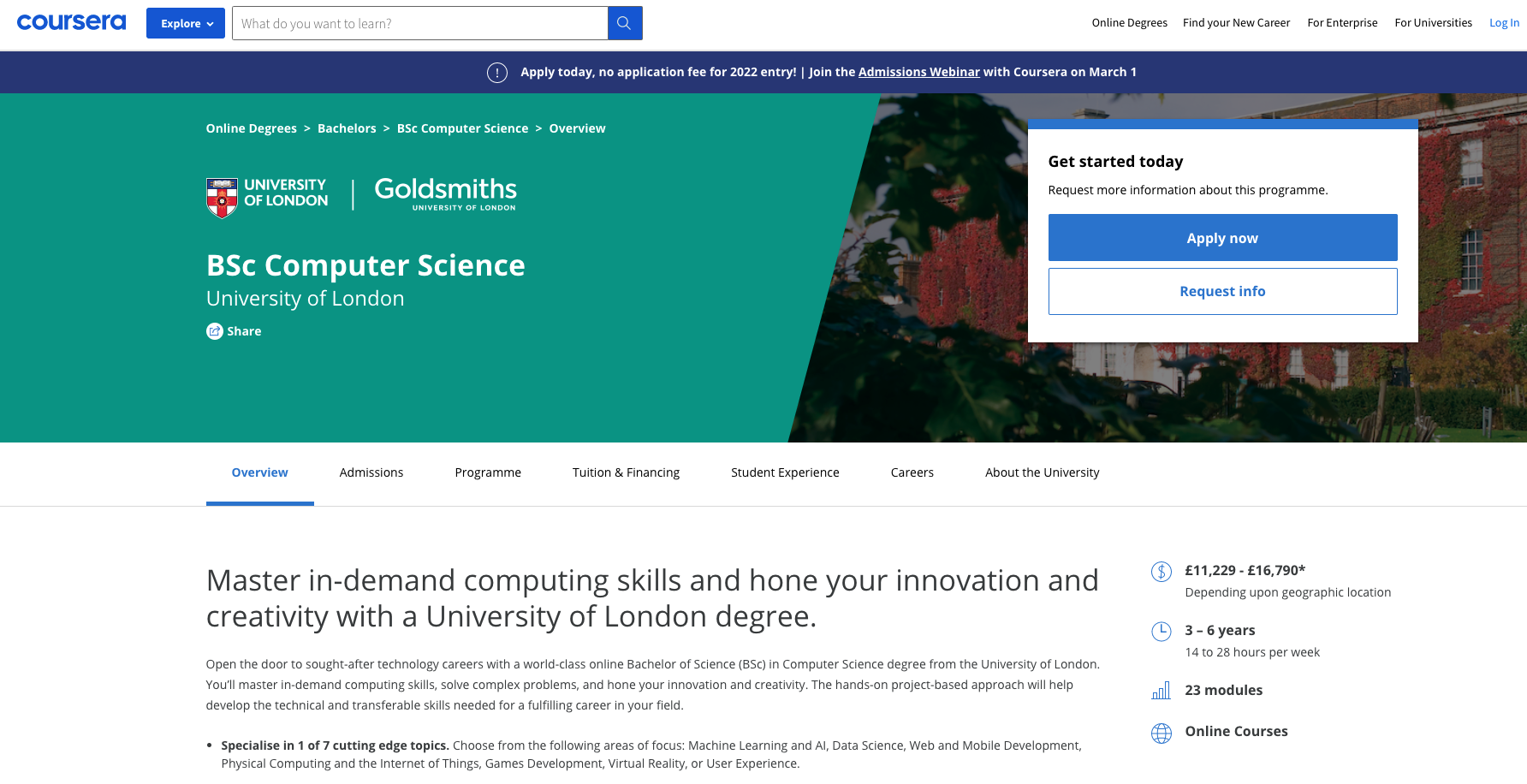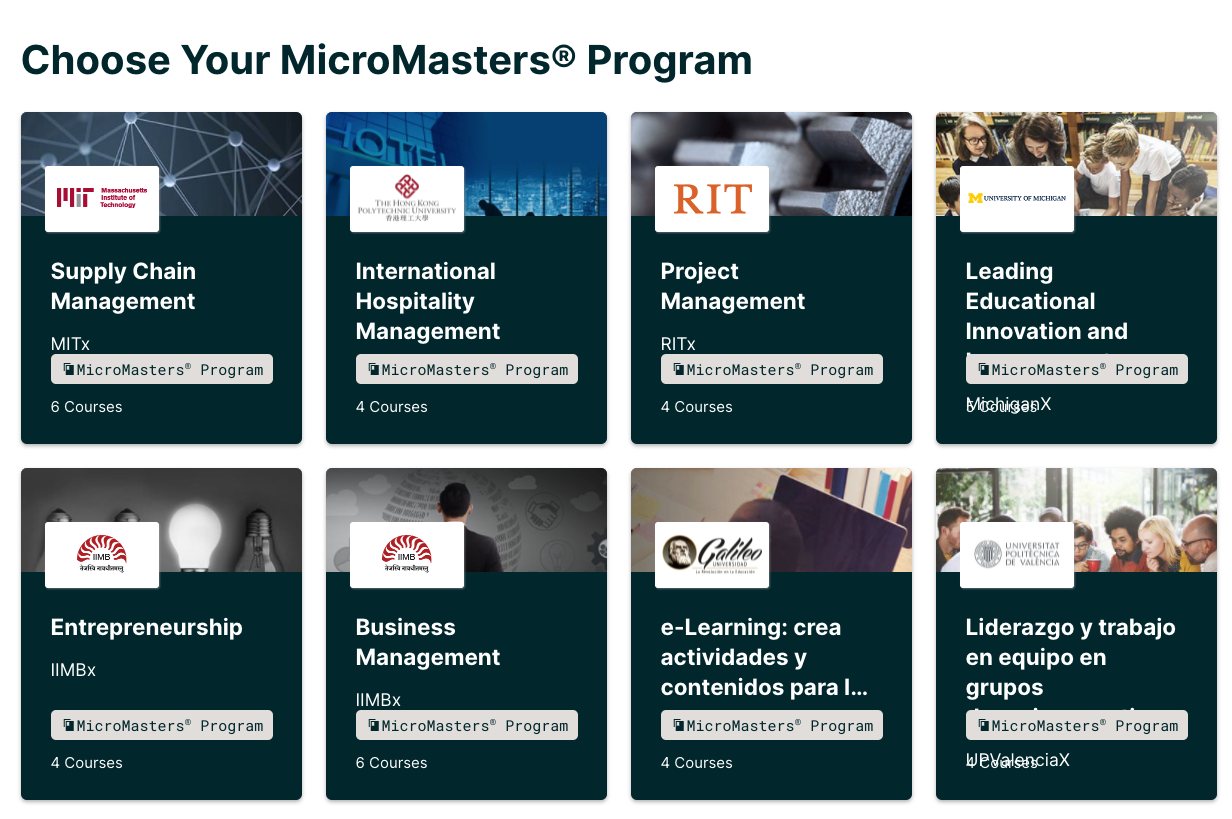Thanks to an increased reliance on remote learning during the previous year and more, digital transformation has accelerated across the board.
Global investment of venture capital in EdTech more than doubled from $7 billion in 2019 to a record $16.1 billion in 2020, according to market intelligence consultancy HolonIQ. The combined funding figures for 2020-2021 equalled funding during the entire six-year period of 2014-2019, according to leading EdTech venture capital fund in Europe, Bright Eye Ventures.
A student recruitment revolution online
One area where we’re seeing some of the most interesting developments in digital innovation is international student recruitment. Companies like TC Global and ApplyBoard both launched online platforms that are potentially simplifying the application process for foreign students.
Both the ApplyBoard and TC Global platforms allow prospective students to manage the entire application process from one centralized hub, enabling them to search through more than 1,500+ universities and 50,000+ courses worldwide, as well as to access a mobile workforce of advisors, virtual events, and other support services.
For prospective students, the level of support, ease of use, and time-saving benefits make these online portals popular. Universities can also make excellent use of the platforms as part of their recruitment portfolio if they should choose to, increasing the opportunities to connect with qualified students and diversify their campuses.

Partnering with companies such as TC Global and ApplyBoard also allows institutions to take advantage of the shared promotional channels, both on the sites themselves and at virtual events and across social media. The TC Global platform also allows universities to use its branding, marketing, and analytics tools to create their own pages and receive data about student activity.
The ever-changing online learning landscape
Student recruitment isn’t the only area of innovation in EdTech. There are a number of startups and industry movers changing how schools and universities manage their online learning systems.
What’s new now is that some universities are getting ahead of online education. Some are offering ‘taster’ courses on massive open online courses (MOOCs) that provide credit towards a degree at the institution. This has the benefit of engaging or ‘hooking’ students onto an area of study and encouraging them once they’ve completed their taster course to continue with their studies.
University of Sydney, for example, is running coding and cybersecurity bootcamps through Trilogy Education Services, combining face-to-face virtual classroom experience with hands-on learning.

University of London is also offering a number of such taster courses through Coursera. Coursera is also offering full degrees, such as the BSc Computer Science, again from University of London, or the Masters of Applied Sciences fully online from University of Michigan.

Over at EdX, a number of universities are offering MicroMasters® for-credit courses offered either as an advancement of career or as a bridge to pursue degrees.

Other universities, such as Nanyan Technological University Singapore are giving students the option of transferring credits taken from a pre-approved list of MOOCs to fulfill their university requirements.
But what about investment in their own digital infrastructure to deliver online?
University of Illinois is offering an iMBA fully online, while Harvard University is working on making sharing of online and residential courses easier through the Harvard DART project.
The online education players
In just six months in 2020, there were 85 new online program manager (OPM) Partnerships (51 in the US), 47 Bootcamp Partnerships (39 in the US) and 5 International Partnerships (3 in the US), according to EdTech market research firm HolonIQ.
Even government is taking a closer look at OPM-university partnerships, who last month penned an open letter penned to the CEOs of many of these only education players.
One of the biggest leaders globally is 2U, (who recently acquired EdX). They focus primarily on US-based graduate programs and work with 'top tier' universities that offer small class sizes. There are also a number of new startups that are taking on the more established players.
New innovations include solving a longstanding pain point with MOOCs interoperatbility with campus-based Learning Management Systems (LMS). The Open edX platform recently became a Learning Tools Interoperability (LTI) provider, allowing elements of courses on their platform to be embedded into an LMS.
End-to-end EdTech solutions such as Coursera, McGraw Hill, and Vedantu helped schools and colleges go online during the lockdown and they are expected to also help institutions re-open, automate parts of the management process, and deploy learning management systems as restrictions start to lift and we move into a hybrid learning model.
 There are also a number of new startups that are taking on the more established players. Many launched in the last few years and are diversifying to focus on specialist areas.
There are also a number of new startups that are taking on the more established players. Many launched in the last few years and are diversifying to focus on specialist areas.
Tekie, Quizziz, FutureLearn, and Udemy are all proving successful when it comes to creating and supplying content in different domains, covering everything from coding and K-12 learning to upskilling and foreign language development as well as the more traditional higher education courses.
Virtual classroom platforms such as Kneura and Classpro have also seen increased success in recent months, making it quick and easy for institutions to take their existing curriculum online and connect with faculty and students from a central online hub.
Find out more about the world of online learning
If you’re interested in finding out more about the world of online learning and the management systems available, our previous blog posts on the topic can be found here and here.
The dawn of a more flexible learning future
The past year has provided a steep learning curve for institutions, many of which were forced to move online extremely quickly and provide make-shift alternatives to the campus learning environment.
Whilst the sudden upheaval took many by surprise, 12 months of accelerated testing and learning later, institutions are much more equipped for the online learning landscape, the services and tools available, and what their needs are currently versus what the requirements might be in the longer term.
While some university programs are being offered through intermediaries, we envisage a much greater appetite from institutions looking to run their courses directly now that new digital disruptors, such as those mentioned above, are emerging to make it both easier and more cost-effective to do so.
Whether the pandemic will pivot education fully to mainstream online learning remains to be seen.
Which direction will your institution take?
If you’re looking to EdTech solutions to help future-proof your institution in the next few years, we’d love to hear from you and the platforms and tools you’ll be relying on to help you — let us know in the comments section below or on Twitter, Facebook, or LinkedIn.

:format()//media/EdTech-innovators-creating-a-digital-revolution-RQ.png)